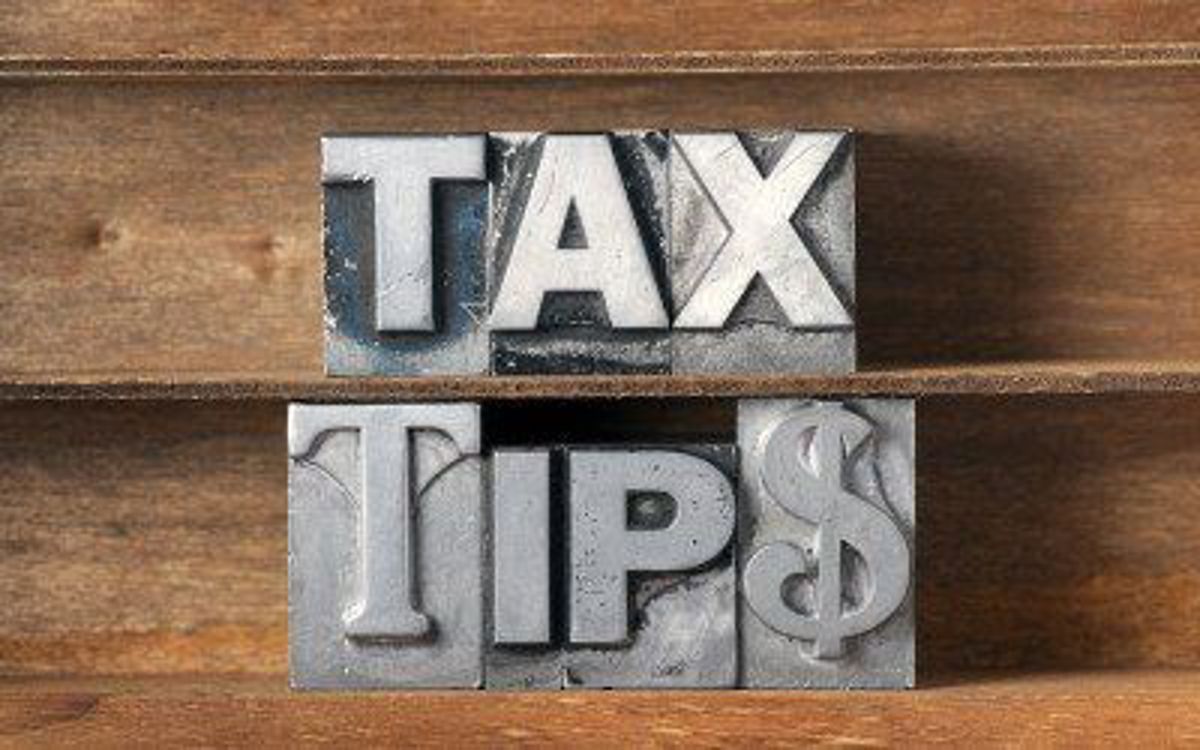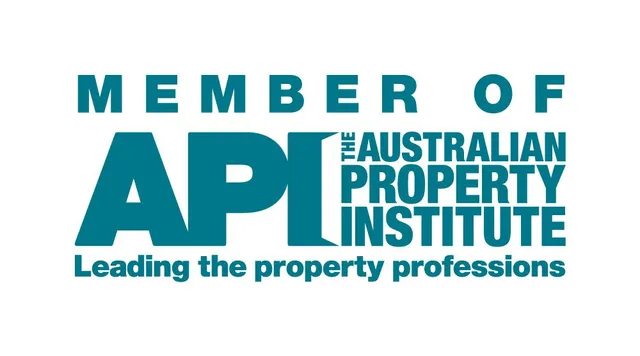Tax Tips for Property Investors
24 May 2016
This is the time of year that it's important to take stock of your income and expenses and ensure you're minimising your tax liability as much as possible. The post Tax Tips for Property Investors appeared first on Aspect Buyer's Agency.

One reason that owning an investment property is so popular in Australia is the tax deductions that are available to offset personal or company income. This is the time of year that it’s important to take stock of your income and expenses and ensure you’re minimising your tax liability as much as possible.
If you have an investment property are you aware of what tax deductions you’re able to claim to help minimise your tax liability? Our tax tips for property investors provide a quick overview of the main areas that are tax deductible.
- Insurance (building and landlord)
- Property management
- Property maintenance
- New leasing costs and associated advertising
- Council rates and strata fees
- Any legal costs incurred
- Accounting and bookkeeping
- Depreciation reports
- Interest and fees charged by lenders in relation to financing the purchase of the property
- Outgoings – Water, gas, electricity, waste removal (usually covered by the tenant)
- Regular external maintenance – gardeners, pool cleaners and security services
- Travel expenses related to inspecting the properties (legitimate claims only)
If you have a negative-geared property, the income produced from the investment will not be enough to cover all the outgoings and finance payments, so the cash-flow loss becomes an allowable deduction.
As an alternative to a negative-geared property, you may have a positive-geared property, meaning the income generated from the property is greater than the costs of owning it. If this is the case, the profit income will be assessed as taxable income come tax time.
For both situations depreciation allowances, derived from a Deprecation Schedule compiled by a registered quantity surveyor, will allow further legitimate deductions on any income. The ideal situation is to have a cash-flow positive property with depreciation allowances creating significant deductible losses to mitigate the positive cash-flow, thus negating the need to pay tax.
When investing in property it is important to understand the difference between a tax loss and a cash-flow loss, as they are not the same thing and have very different implications on your ability to service loans and build equity.
Where to Seek Advice
Australian Tax Office (ATO) – The ATO provides information specifically for property investors, including a list of deductable items, and what income must be declared.
Accountant – Always have any tax return you submit finalised by a registered accountant. Tax laws change regularly and what may have been may have been permissible last year may not be this year, and vice-versa.
Quantity Surveyors – These are the main body of professionals that are qualified to provide depreciation reports. If your depreciation report has been done incorrectly and you have been claiming depreciable deductions against your income based on an incorrect report, you may be personally held responsible. Hence engage a suitably qualified professional.
Disclaimer
The above content is general in nature and should not be relied upon when looking at a specific set of circumstances. As such, it should not be used as a substitute for consultation with professional property, accounting, tax, legal or other competent advisers. Before making any decision or taking any action, you should consult your adviser/s.


